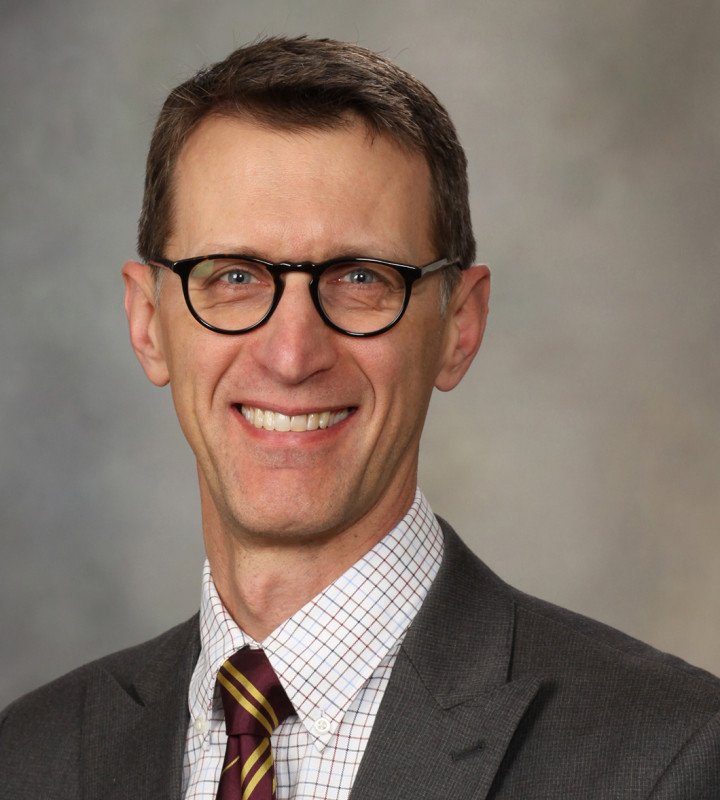Greenwall Faculty Scholars and Alums contribute to
bioethics through more than critical research and clinical practice–they also
educate future leaders in health care, policy, and research. At this year’s American
Society of Bioethics and Humanities (ASBH) Annual Conference, Greenwall
Faculty Scholar Alum Jon Tilburt, MD explored how ethics educators and medical students
can best equip themselves to navigate controversial and divisive subjects.
Alongside fellow panelists and Mayo Clinic faculty
members Dr. Frederic Hafferty, Dr. Ellen Meltzer, and Dr. Bjorg
Thorsteinsdottir, Dr. Tilburt sought to put forth an “accessible, normative
argument for what a good ethics pedagogy looks like in our time.” He cautioned
educators not to see points of conflict as an indicator of failure in teaching,
but as a tool to illustrate difference and diversity to students. He noted that
students and educators have different lived experiences and predetermined biases
that don’t disappear upon entering medical school. Historically, it was common
practice to sidestep disagreements in medical school education, presenting very
prototypical cases that mostly avoided contentious current events. But, Dr.
Tilburt and colleagues asserted that in today’s society, this approach may do a
disservice to students and the field of bioethics.
On the surface, embracing conflict may seem to go against educators’ common goal of generating conditions favorable for maintaining psychological safety in the classroom–a necessity for students’ to be authentic without fear of negative consequences. While acknowledging the importance of psychological safety, Dr. Tilburt advised against equating “safe” with “constructive.” Throughout his presentation he argued that the reality of deep difference will inevitably make its way into the classroom. He emphasized that discussing societal polarization can act as a catalyst for growing one’s capacity to navigate ethics effectively.
Dr. Tilburt described his ideal framework for teaching
ethics as an “open pluralism” account, citing the work of Dr.
Warren Kinghorn. On this model students
are asked to critically examine the root of their own assumptions in order to
have a deeper understanding of the development of their values and empathy for
where others are coming from. Students acknowledge the moral particularity of
others and foster respect for their differences. Importantly, this approach does
not lead to total agreement; according to Dr. Tilburt, it actually enables the
opposite. By encouraging students to better understand the source of their own
values, educators promote greater mental flexibility. This flexibility fosters
more respectful discussions in which students can have their beliefs questioned
and imagine what it means to hold other positions in a productive way. This
rigorous exercise attempts to break students out of relying merely on their social
intuitions and moves them toward making constructive and logical moral arguments.
How do we get students to this state? Dr. Tilburt admitted
that it’s not an easy task, “[i]t requires a certain kind of dialogical
maturity….as well as humility, a crucial civic virtue that has to be modeled in
how we teach this.” It is an ongoing process, he explained, during which
students and educators alike should be judged by their capacity for growth and
acceptance. Only by embracing conflict can educators best serve their students and
prepare them for the seriousness of ethics discourse ahead, concluded Dr.
Tilburt.
 Jon Tilburt, MD, Greenwall Faculty Scholar Alum
Jon Tilburt, MD, Greenwall Faculty Scholar Alum
